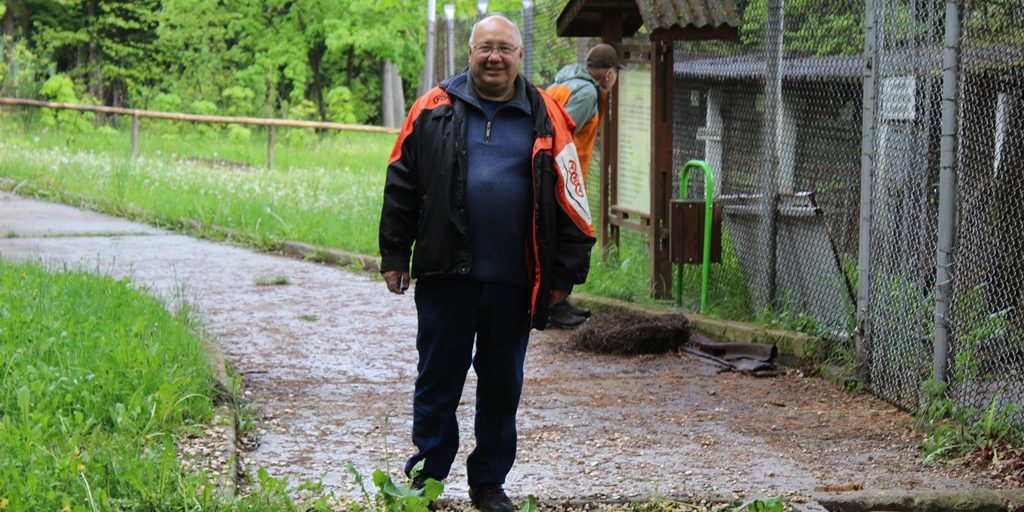The history of the Earth is the interaction between living beings and their environment. Form, lifestyle, biodiversity are modeled by our environment. Looking back in the distant ages, the repercussions of living things that change and affect the environment have been relatively minor. In just a brief period of the past and present centuries, His Majesty the Human has acquired a tremendous power to influence nature…negatively. The pollution of the air, land, rivers and seas with dangerous, even deadly substances, predetermines the unenviable fate of future generations. Our lives are the result of the wonderful interaction between living and inanimate nature. Society is increasingly aware that it is the forest that remains the last oasis, a powerful laboratory that turns inanimate nature into organic matter and sustains life on the planet. It is a powerful filter for purifying nature from harmful emissions. That is why its salvation is placed as an alternative for the survival of humanity.The priorities of the National Strategy for the Development of the Forestry Sector in the Republic of Bulgaria indicate:Maintaining vital, productive and multifunctional forest ecosystems that contribute to mitigating the effects of climate change;Conservation, restoration and maintenance of biological and landscape diversity in forest areas;Increasing the vitality and competitiveness of the forestry sector;Use the potential of the forestry sector for green economy development.
Last but not least, the National Strategy should prioritize the creation of an ecological culture for the younger generations. By educating adolescents about the importance of forest ecosystems, about their organization and the life of the forest, we create a generation of forest cause followers. Regardless of which area of the public domain they develop, they will bring this culture to nature conservation in the field of pest control chemicals, in the construction of safe machinery, methods, technologies and more.An example in this regard is the project For Everyone Saved a Tree (FOREST) under the Interreg-IPA Bulgaria-Serbia Cross-border Cooperation Program 2014-2020. Within the framework of this project on 4 October 2019 in the Republic of Serbia – Nis, an international seminar was organized for young men and women from Bulgaria and Serbia, where scientists and experts gave lectures to young people about the importance of forest ecosystems and how their processes are going. The children have learned how the life processes in the trees go. What is the mechanism for the process of photosynthesis and respiration in plants? Why do they turn yellow and drop their leaves in the fall? How trees survive in the harsh and cold winters, turning their water into “antifreeze.” How Quercus oaks without the use of insecticides and other chemicals manage to regulate the numerous populations that feed on their acorns and manage to give a new generation. How, through crowns and roots, trees improve the water retention role of soil. The students learned how, through biological means, by introducing beneficial parasites, humans can limit the development of a dangerous pest on oaks and other plants, such as the gypsy moth that feeds on their leaves and can kill thousands of hectares of forests in calamities. In a fun way, the children learned about the importance of dead wood in the forest ecosystem, what is the relationship between the three main groups in nature: plants-animals-mushrooms. Such trainings of adolescents need to be started from the elementary school and young people to develop knowledge about nature, which will subsequently affect its sustainable development and, respectively, its survival.
Author: Assoc. Prof. Grud Popov
The project is co-funded by EU through the Interreg-IPA CBC Bulgaria–Serbia Programme.
This publication has been produced with the assistance of the European Union through the Interreg-IPA CBC Bulgaria-Serbia Programme, CCI No 2014TC16I5CB007. The contents of this publication are the sole responsibility of FRI – BAS and can in no way be taken to reflect the views of the European Union or the Managing Authority of the Programme.





